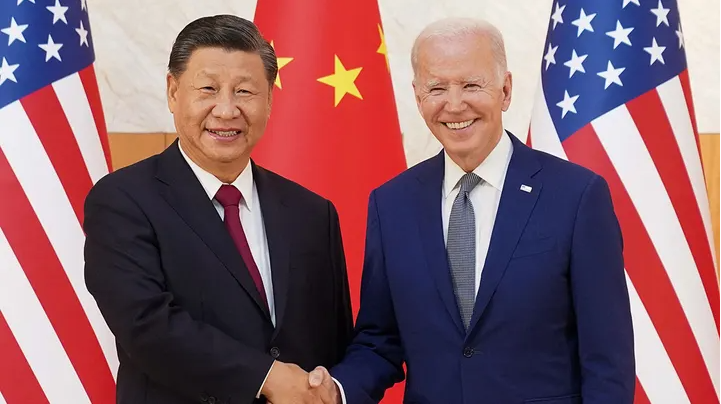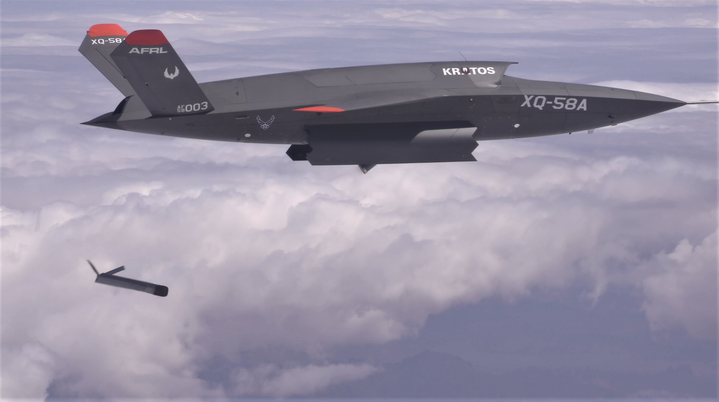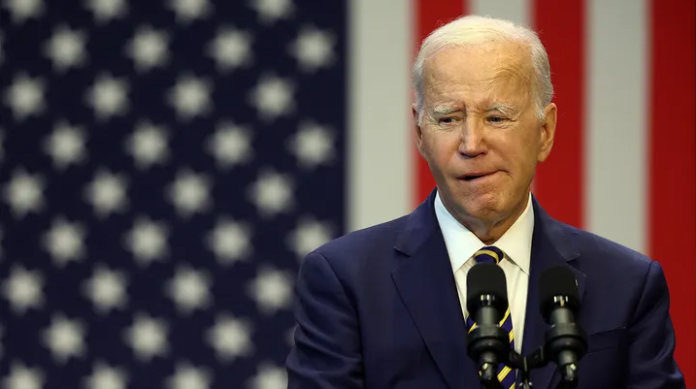President Biden’s plan to strike a deal with China limiting the use of artificial intelligence (AI) in nuclear weapons has drawn mixed reactions from experts.
The agreement, expected to be signed during his meeting with Chinese President Xi Jinping at the Asia-Pacific Economic Cooperation (APEC) summit in San Francisco, aims to restrict the use of AI in systems controlling and deploying nuclear weapons, as well as in autonomous weapon systems like drones.
YOU MAY ALSO LIKE: Israeli PM Warns Americans About The Fight Against Hamas Terrorists
While tensions between the two countries continue to escalate over issues such as China’s spying activities in the U.S. and its military buildup in the South China Sea, concerns have been raised about the implications of unrestricted AI use in combat.
Phil Siegel, founder of the Center for Advanced Preparedness and Threat Response Simulation (CAPTRS), believes that an agreement on AI-driven autonomous weapons is necessary for maintaining global stability. He suggests that major powers like Russia should also be involved in such a pact.

However, Christopher Alexander, the chief analytics officer of Pioneer Development Group, questions the need for this deal, arguing that it would give up the strategic advantage the U.S. currently holds over China.
Alexander believes that AI capabilities can help reduce stress and improve decision-making, which is crucial in preventing poor choices regarding the use of nuclear weapons.
Both China and the U.S. have been racing to integrate AI into their military operations as the technology rapidly advances.
While they acknowledge the potential benefits, both countries also recognize the dangers of unfettered AI use. Earlier this year, they were party to an agreement endorsing the responsible use of AI in the military.
However, Samuel Mangold-Lenett, a staff editor at The Federalist, raises doubts about China’s commitment to honoring such agreements, citing the country’s lack of adherence to the Paris Climate Agreement.

He argues that China’s disregard for human rights, intellectual property, and global stability makes it unlikely to comply with restrictions on AI use in nuclear weapons. Mangold-Lenett suggests that the U.S. should focus on developing AI systems that enhance national security and advance its own interests.
The debate over the Biden administration’s decision reflects the ongoing concerns surrounding the use of AI in military applications. While some experts support the agreement as a necessary step to prevent a dangerous arms race, others worry about the potential loss of strategic advantage and China’s reliability as a partner.
YOU MAY ALSO LIKE: Biden Refers To VP As ‘President Harris’ During WH Stanley Cup Celebration
Ultimately, the impact of this deal will depend on its implementation and enforcement. As AI continues to evolve, it is crucial for nations to strike a balance between harnessing its potential and ensuring responsible use.
The future of AI in military operations will undoubtedly shape global security dynamics and decisions regarding its limitations must be carefully considered.















